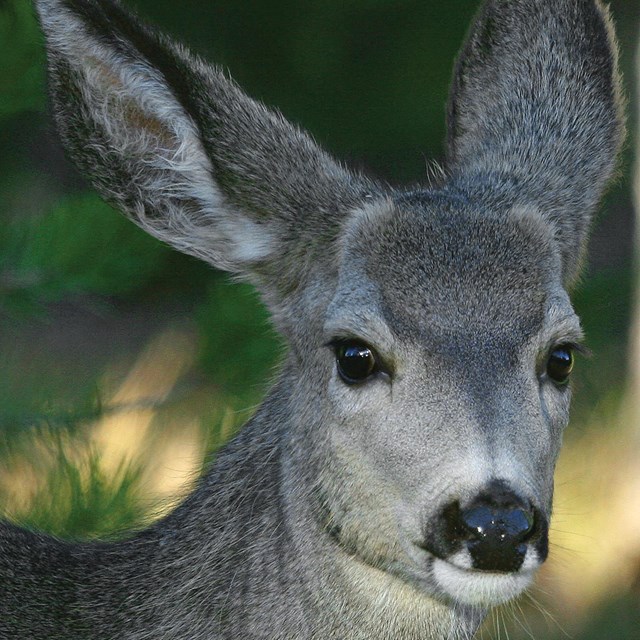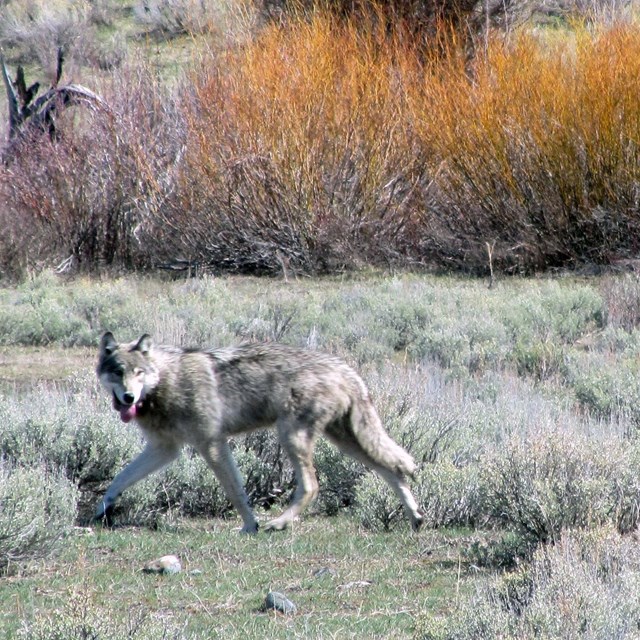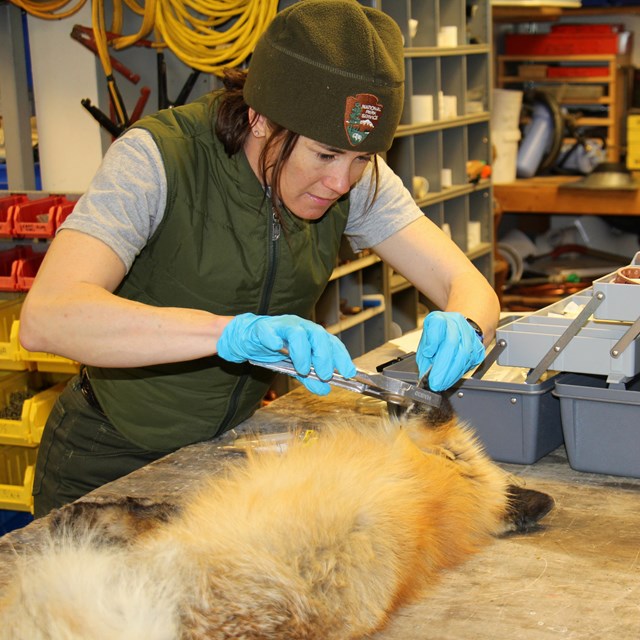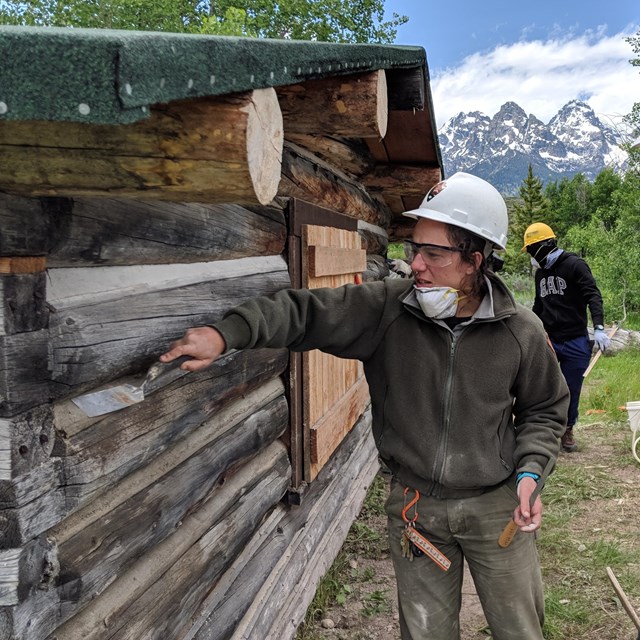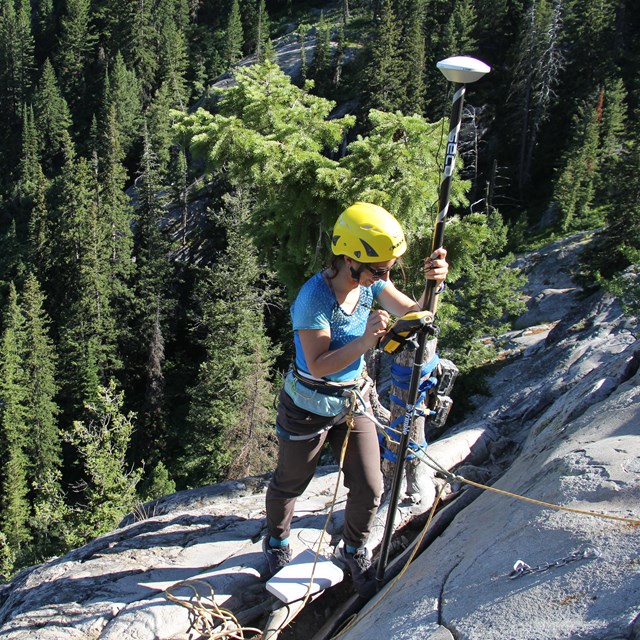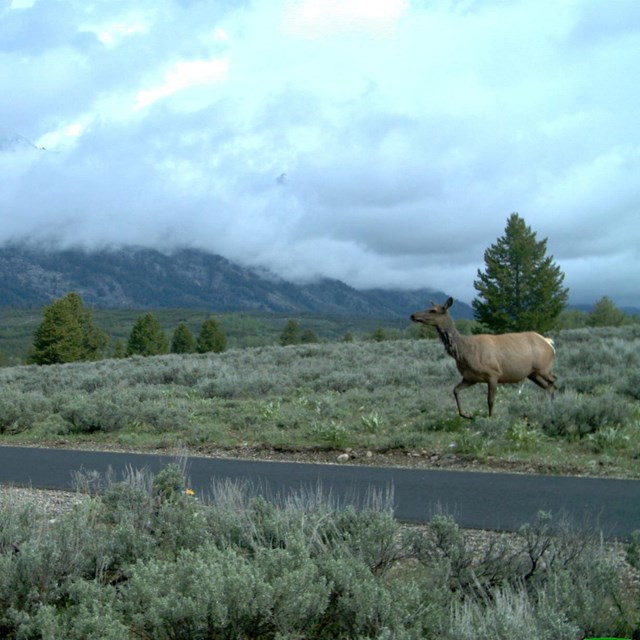Research & Study Highlights
Research & Monitoring Reports
Prospective Researchers
Boyd Evison Graduate Research Fellowship This graduate research fellowship honors Boyd Evison, one of the National Park Service's greatest leaders in support of expanding scientific knowledge to help shape management decisions and maintain uncompromised native resources. The Evison Fellowship encourages scientific and conservation-related research in the Greater Yellowstone Ecosystem, providing up to $10,000 in support for work leading to completion of a master's or PhD degree in the biosciences, geosciences, or social sciences. Learn more about the Evison Fellowship, past projects, and how to apply. |
Last updated: July 29, 2025


